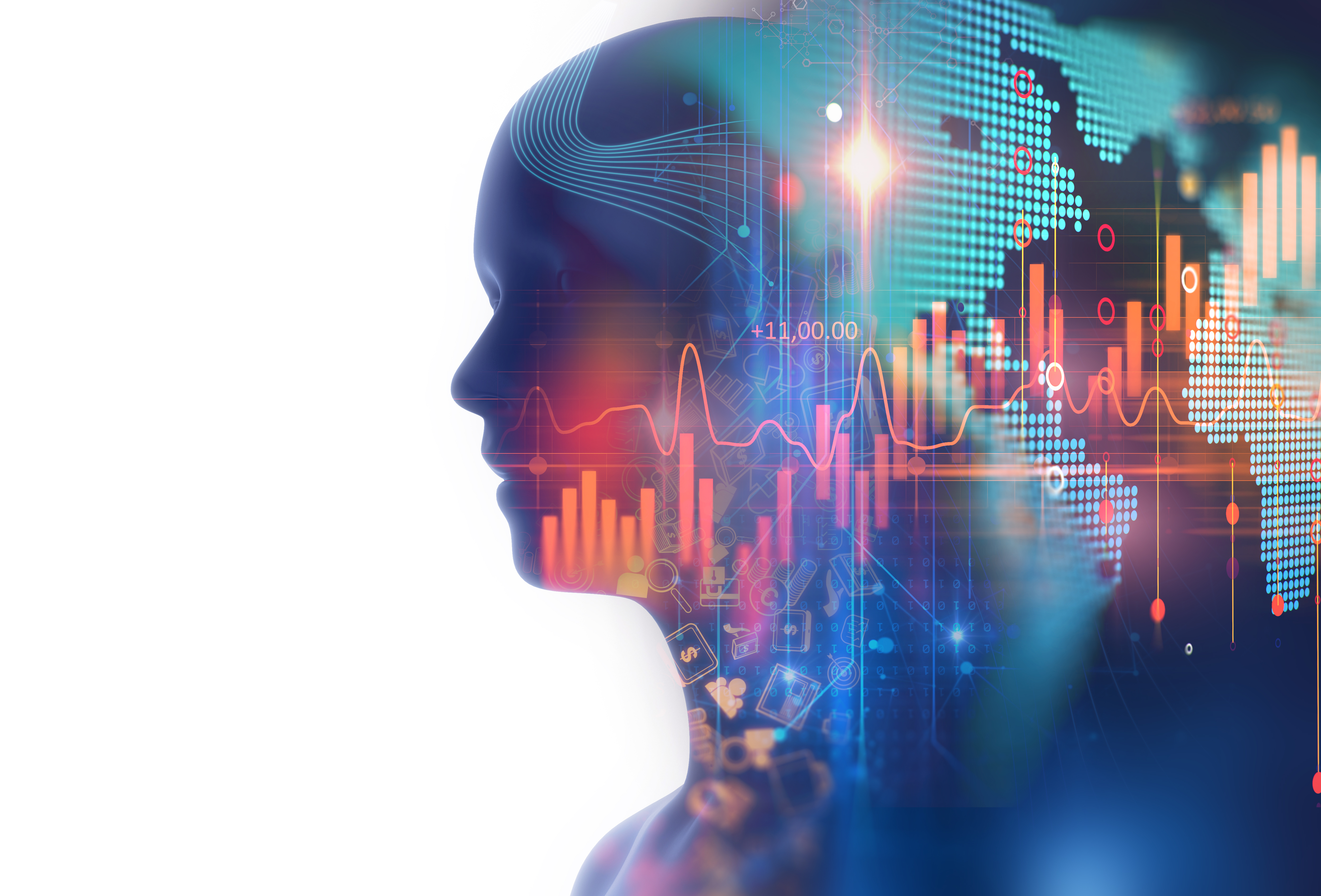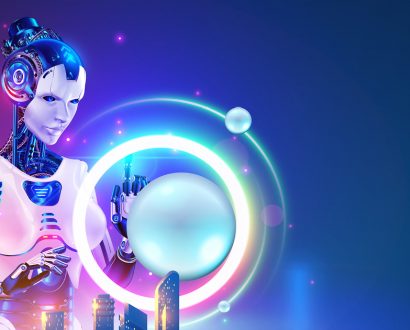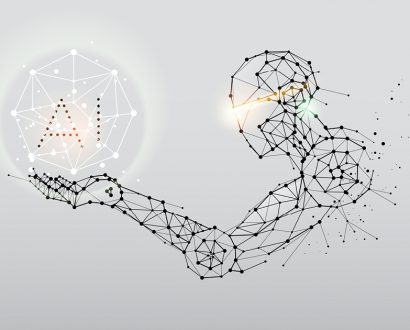Given the growing prevalence of Artificial Intelligence (AI) technologies, it will inevitably have a direct impact on the global workforce. Employees and businesses alike have the opportunity to benefit from the labour-saving technologies delivered by AI. However, apprehension related to embracing AI is limiting the ability of organisations to harness its full potential.
While recent commentary around AI has lamented the replacement of jobs, worsened levels of inequality and eroded incomes; the outlook shouldn’t be pessimistic. AI can replicate labour activities at a larger scale and speed, and in some instances perform tasks beyond the capabilities of humans.
Further to freeing up workers’ time to achieve tasks of higher value, AI technology unlocks new capabilities in operations and service delivery. The implementation of AI on platform giant Amazon has facilitated a seamless customer service experience with client-facing technology such as Alexa, its virtual home assistant. However, it is the less visible implementation of extensive machine learning to forecast product trends and create personalised deals and recommendations that enables Amazon to significantly enhance its core operations.
With the recent convergence of a transformative set of new technologies, economies are entering a new era in which AI has the potential to overcome the physical limitations of capital and labour and open up new sources of value and growth. However, to unlock this potential, organisations must be thoroughly prepared to address the challenges that arise as AI becomes more integrated in our lives.
As a first step, organisations need to consider AI as a new factor of production rather than just a productivity enhancer or technology that lies exclusively within the IT department. The ability of AI to complement and enhance traditional production is where its potential lies. To achieve broader adaptation and enhanced employee and customer experiences, it is necessary that AI is incorporated and educated across all sectors of an organisation.
The starting point is understanding the complex issues involved in the overlap between humans and AI:
Prepare the next generation
Successfully integrating human intelligence with machine intelligence, so they coexist in a two-way learning relationship, will become more critical. As the division of tasks between man and machine evolve, organisations need to re-evaluate the type of knowledge and skills imparted to future generations.
For example, technical skills will be required to design and implement AI systems, exploiting expertise in many specialties including robotics, vision, audio and pattern recognition. But interpersonal skills, creativity and emotional intelligence will become more important than today. Experimentation forms an important component of the AI implementation process. It’s essential that operation teams pilot, test and learn to integrate the most appropriate AI technology for their business.
Advertise the benefits
A recent Accenture survey highlighted 84% of managers believe machines will make them more effective and their work more interesting. AI also promises to alleviate some of the world’s biggest problems, from climate change (through more efficient transportation) to poor access to healthcare (by reducing the strain on overloaded systems). By highlighting tangible benefits and pre-empting downsides of AI, organisations can inspire staff to embrace the evolution while simultaneously preventing backlash.
AI-powered regulation
Australia’s current regulatory and legal system will need to be updated to stay apace as AI becomes embedded across our social, political and economic systems. AI itself could even be used to implement these changes. In the same way that intelligent solutions combined with massive data can guide decision making in areas such as urban, healthcare and social services planning, they could also be used to update regulations in light of new cost benefit evaluations.
AI ethics
Ethical debates surrounding AI have dominated media commentary of late citing issues like how to respond to racially biased algorithms, and whether autonomous cars should give preference to their driver’s life over others in the case of an accident. These debates need to be supplemented by tangible standards and best practices for the development of intelligent systems. For example, business standards relating to robots produced by the British Standards Institution (BSI) are a step in the right direction.
AI is expected to unleash remarkable benefits, countering stagnant growth and boosting labour productivity. A significant part of the economic growth from AI will come not from replacing existing labour and capital, but in enabling staff to be more effective.







